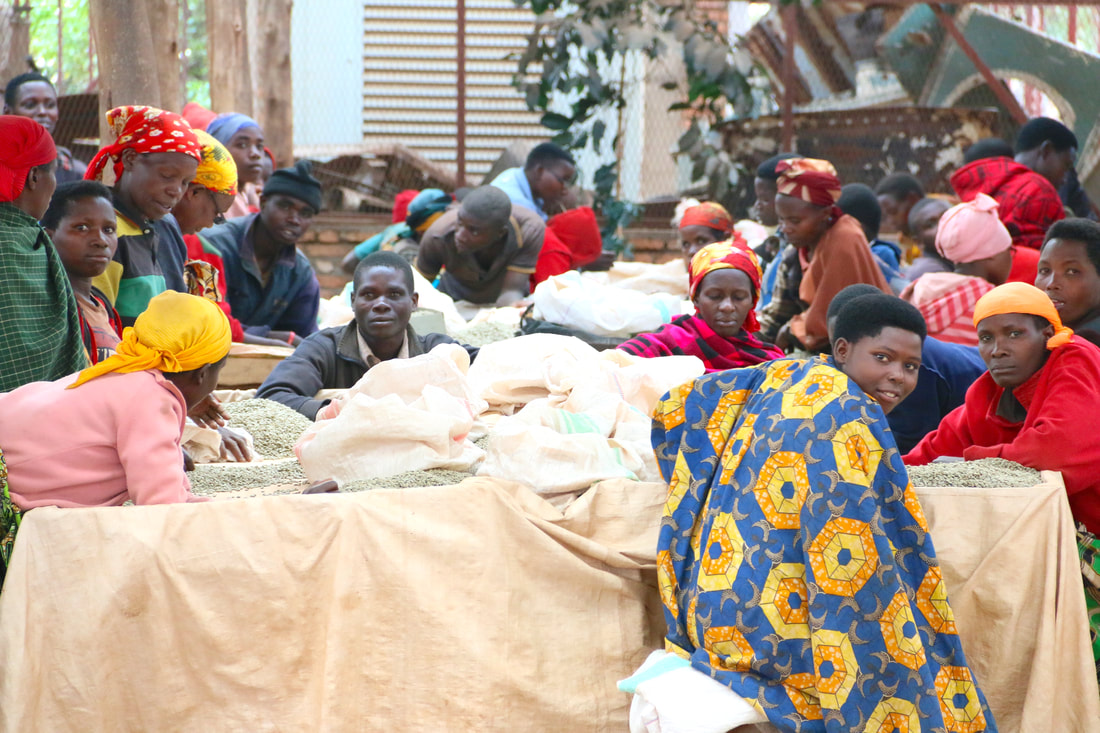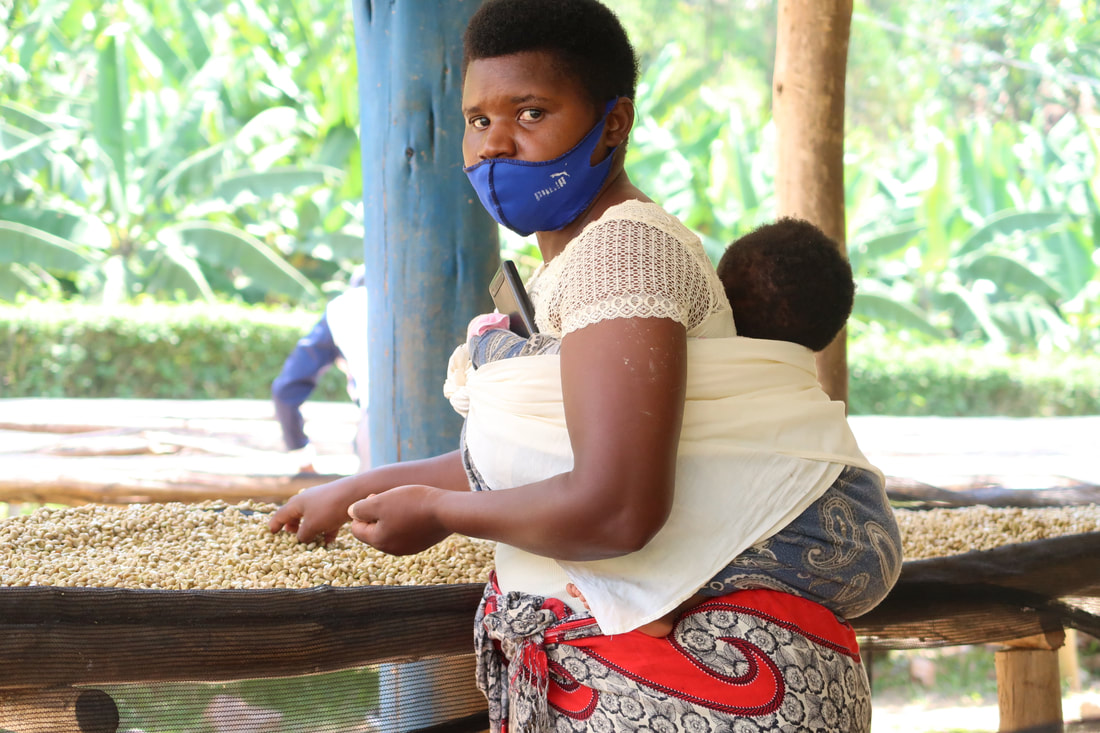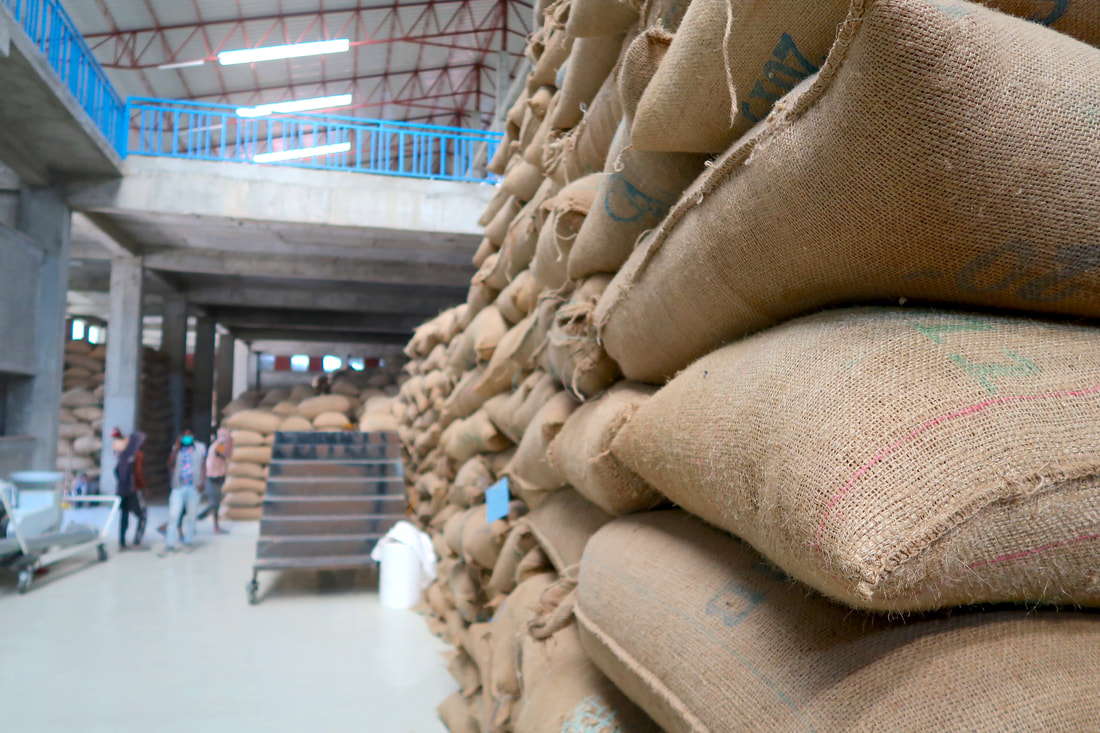|
Burundi is an ideal country for the production of high-quality Arabica coffee, which could generate a solid and recurring income for thousands of farming families. An average altitude of between 1,500 and 2,000 metres, abundant rainfall and a tropical savannah biome combine to create exceptional growing conditions, with coffee accounting for 80 per cent of the country's exports. Despite this, the Burundian coffee sector faces many challenges. Poor soil health and inadequate maintenance of coffee trees result in low and irregular yields. Production is also threatened by climate change, which increases the frequency of both droughts and heavy rains, resulting in increased soil erosion. Meanwhile, poor processing practices reduce the quality and price of much of Burundi's coffee, and the country's cumbersome business and political environment makes it less attractive to global exporters.
0 Comments
For the specialty coffee industry, certifications are like the second wave of coffee, they are out of fashion! They no longer serve their purpose, and this is because the needs of consumers have changed and have become more diverse and complex. What specialty coffee lover wants to drink a bitter coffee at Starbucks, when they can just as easily have a fruity Kenya lightly roasted at an independent coffee shop? This phenomenon also occurs at the farm level. For example, the coffee farmer no longer wants the 0.2 USD/LB that Fair Trade offers him, but instead wants a direct and ethical trade with the importer of microlots who will pay him 4 USD/LB or more. Paying for the inspection of organic coffees has also lost its meaning, with climate change there are cultivation areas where it does not rain for months/years, and the coffee grower must use chemical fertilizers, otherwise they lose the harvest.
Sustainability is an ancient concept, but one that has been "modernized" in recent decades due to the great crisis of climate change that we are experiencing. In this century in particular, sustainability has ceased to involve a purely environmental aspect, and has been defined as the ability to coexist between the biosphere and human civilization, encompassing three large interdependent dimensions: the first social, second economic and third environmental.
Coffee has reached record prices since 2014 this week. But how does this price increase affect coffee farmers and roasters? What is the "C" price of coffee?
The coffee commodities market, also known as the "C" Market, is where brokers at the New York Stock Exchange determine the future price of coffee contracts globally every day. By buying or selling these futures contracts, brokers place bets on the expected future value of a certain commodity. Therefore, projections about the future supply and demand of coffee will make possible multiple variations in its price in the present. 1.- The birth of a new reality.
With this article, we begin a new series of educational content, this time focusing on one of the biggest and probably most controversial topic in the coffee industry: PRICE. All of us who work here know that our industry is in an unprecedented crisis in various fields; Ethical, Environmental, Genetics and Socioeconomic. We know that the prices we pay to coffee growers (with only few exceptions) is well below their production costs. And when we pay excellent prices for quality, for example in Kenya; we know that most of this revenue does not reach farmers, because there are so many hands, so much corruption and so much bureaucracy in the industry, that most of the benefit is lost in the darkness of a network of connections that we do not fully understand. |
Archives
April 2024
Categories
All
|
- What We Do
- Que Hacemos
-
Origins
-
Orígenes
- Education
- Educación
- Contact
- Contacto
- Home Roaster Store
- Tienda del Home Roaster

|
Copyright © 2015-2024 | Kilimanjaro Specialty Coffees España S.L.U. All Rights Reserved.
|




 RSS Feed
RSS Feed